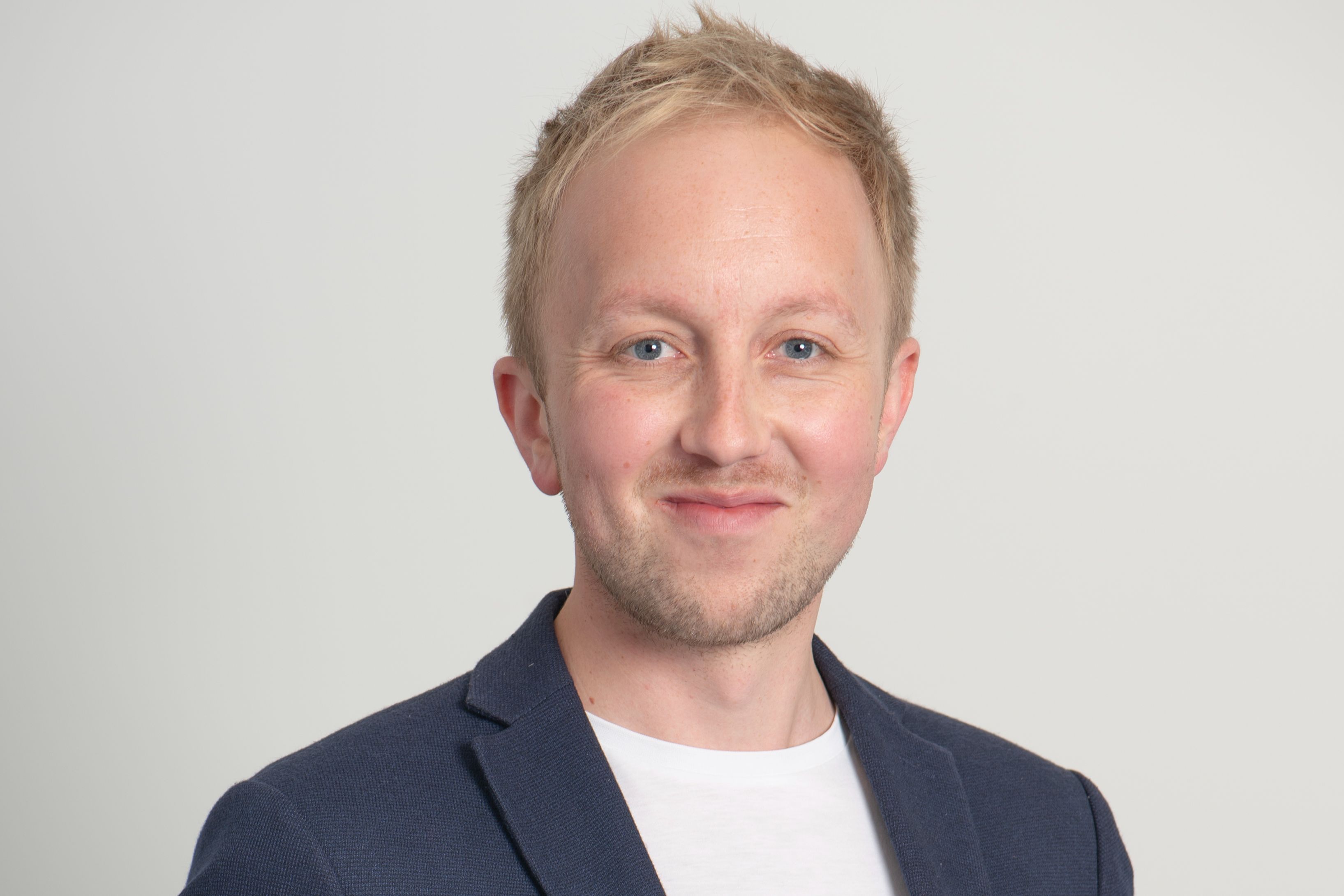The substantive hearing of the legal challenge by Anaesthetists United and the parents of Emily Chesterton, and supported by the BMA, took place in May and June.
The judgment, handed down by Mrs Justice Lambert, says:
-
The GMC had acted rationally and in accordance with its public duty by following the medical model for regulation of Physician Associates (PAs) and Anaesthesia Associates (AAs). This includes the decision not to set hard limits on medical associates' scope of practice, which could prevent associates from undertaking work that they have the competence to perform, as well as hamper their professional development.
-
It was rational for the GMC to regulate associates through registration, which will be a legal requirement from 2026, as well as continual revalidation and appraisal
-
It was clear that current GMC guidelines on how associates introduce themselves, and how they differentiate themselves from doctors, are sufficient
-
Dismissed claims that associates were undermining the principle of informed consent by not giving details of their medical backgrounds as a 'giant leap'. Under AU and The BMA's claim, any medical professional who does not disclose that they have not performed a specific procedure in a long time would then be guilty of a criminal act. Justice Lambert felt that such an extension would be 'novel to say the least'.
Reaction
A spokesperson for the GMC said: ‘Today, our regulation of associates — supported by a robust system of registration — ensures they are safer and better equipped to carry out their duties and can be held to account if they pose a risk to patients or public confidence.
‘We welcome the decision of the High Court to dismiss the claims on all grounds and we are pleased the Court found our approach when considering how we would regulate associates, and our decision not to impose limits on their practice, was ‘coherent and rational'.'
Dr Tom Dolphin, chair of BMA council, said: ‘This is a disappointing outcome. The case was rightly brought by Anaesthetists United and the family of Emily Chesterton following the failure by the GMC to act on the overwhelming consensus of doctors that there should be a clear scope of practice that sets safe limits on what physician assistants can and cannot do. That consensus is still correct even though the court today decided that who sets scope is not a matter for a court of law.'
He added: ‘It is important to make clear that the court has not vindicated the GMC's refusal to set a scope or adopt scopes set by others. Instead, it has simply stated the GMC's decision not to do so was not unlawful. The GMC should take no comfort in this outcome. The prevailing weight of medical opinion agrees that nationally agreed scopes of practice will protect patients, and that the GMC has a role to play to ensure that when these are set, they are enforced.
‘Along with AU and the Chesterton family, the BMA will be considering next steps in relation to this regrettable ruling.'
United Medical Associate Professionals' (UMAPS') general secretary, Stephen Nash said: ‘This is a brilliant result for medical associates and patients. The judgement has delivered a hammer blow to the BMA and Anaesthetists United's mendacious claims that we are undermining patient safety and that our introduction to regulation has been poorly carried out.
‘The GMC has acted completely rationally and in accordance with other medical regulators, by giving associates a broad scope of practice buffered by rigorous training and careful guidance by medical supervisors. This allows us to do the jobs we are qualified to do and improve access to care across the NHS by allowing Medical Associates to work to the full extent of their individual scope of practice and proficiencies.'
He added: ‘We welcome the continued regulation of our profession by the GMC and will continue to work closely with them to ensure that high standards are maintained across the health service.'
Meanwhile, the Welsh Government has confirmed it will accept in principle all the recommendations of the Leng Review, which examined the role of physician associates and anaesthesia associates in the NHS.
Health and social care secretary Jeremy Miles said that Wales would now begin work on implementing the recommendations, stressing that the changes were essential for public confidence and clarity around the expanding roles.



